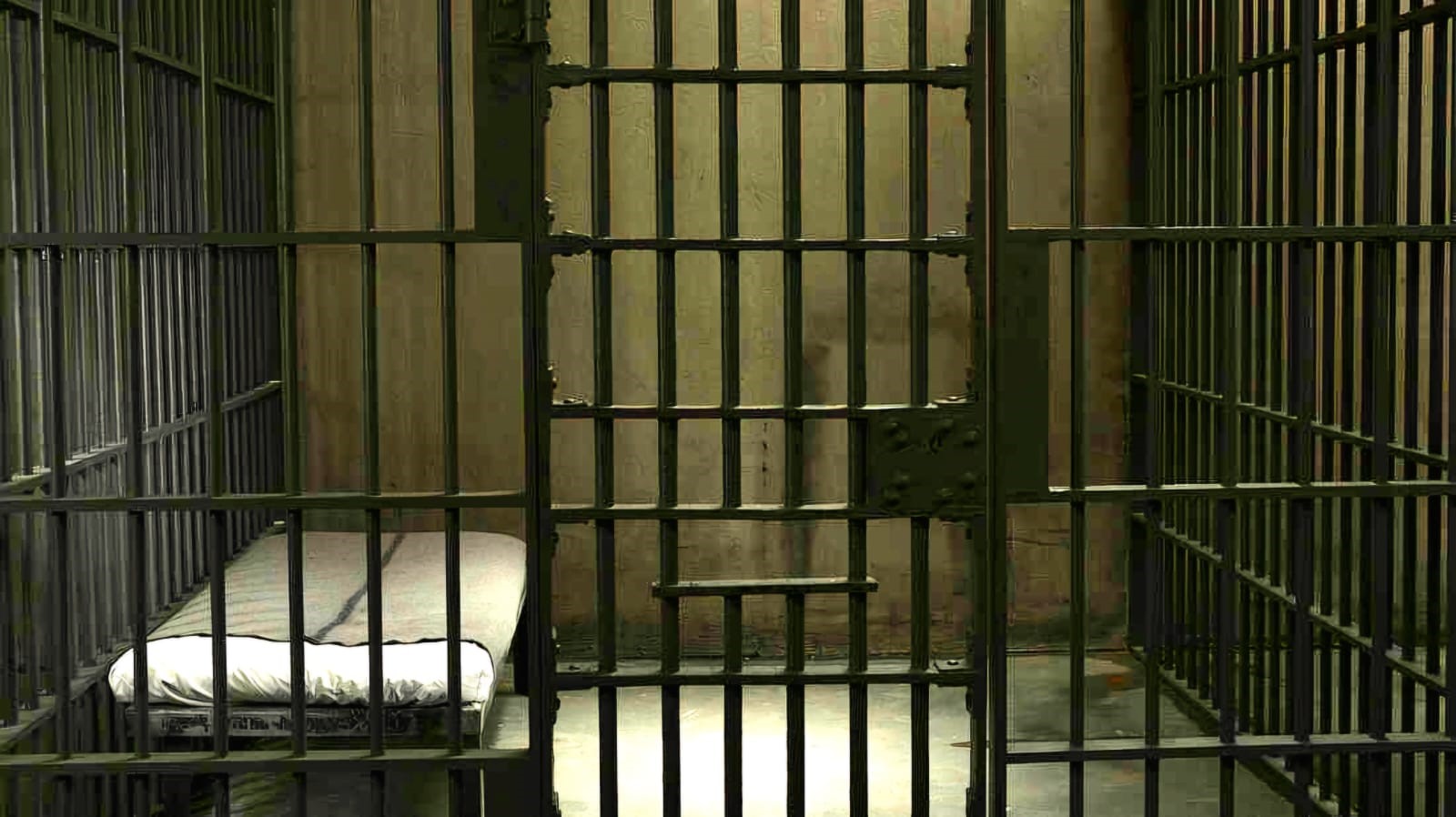Kurdistan Region and Iran Swap 110 Prisoners Under Past MOU
This exchange stems from a 2016 MOU between the KRG and Iran, enabling prisoners to serve sentences near their families.

ERBIL (Kurdistan24) – The Kurdistan Region and the Islamic Republic of Iran carried out a prisoner exchange on Wednesday, transferring a total of 110 detainees between the two sides.
Ihsan Baban, Director General of Reform Affairs in the Kurdistan Region, told Kurdistan24 that the exchange was conducted under the directive of Kurdistan Region Prime Minister Masrour Barzani. "Today, 55 Iranian prisoners held in the Kurdistan Region’s correctional facilities are being repatriated to Iran," Baban confirmed.
According to Baban, 31 of the prisoners were incarcerated in Sulaimani, while the remaining 24 were held in Erbil. They have been officially handed over to Iranian authorities in a coordinated process. In return, 55 Kurdish prisoners, originally from the Kurdistan Region and serving sentences in Iran, were transferred back to their homeland.
This exchange is a direct outcome of a memorandum of understanding (MOU) signed between the KRG and Iran in July 2016, aimed at facilitating prisoner swaps to allow individuals to serve their sentences closer to their families. The agreement aligns with the Iraqi Parliament’s Law No. 6 of 2014, which pertains to the transfer of inmates abroad. Per the MOU, such arrangements are voluntary and contingent upon the inmates' consent.
Similar prisoner exchanges have taken place over the years between the Kurdistan Region and Iran as part of their ongoing cooperation under the 2016 MOU. These exchanges have facilitated the repatriation of numerous detainees, allowing them to serve their sentences closer to home and easing the burden on both judicial systems.
Such humanitarian-driven initiatives are often conducted as part of broader diplomatic efforts to ease tensions and strengthen ties between the Kurdistan Region and Iran. The Kurdistan Regional Government (KRG) has actively sought to engage in dialogue with its neighbors on multiple fronts, including security, trade, and legal cooperation.
The agreement also aligns with global human rights practices that advocate for prisoners to serve their sentences in their home regions whenever possible, facilitating family visits and reintegration into society post-release.